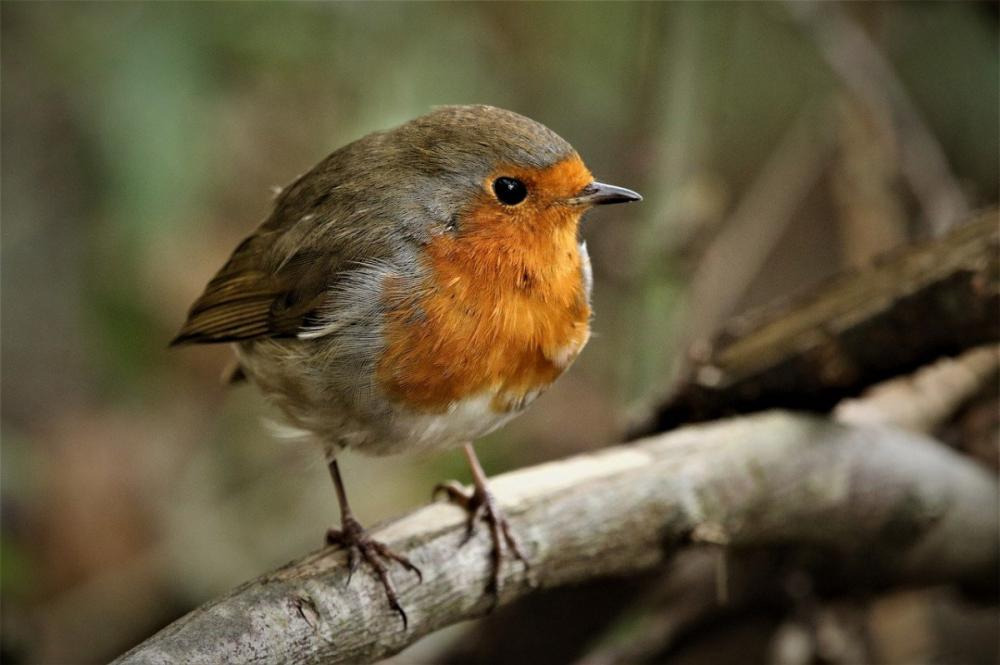search
date/time
 | Lancashire Times A Voice of the Free Press |
4:21 PM 19th December 2020
nature
Letter From The Songbird Survival Charity

"Food in the wild becomes ever scarcer with the onset of winter when daylight hours diminish, meaning birds have to work harder and faster to find the energy and nourishment required to survive cold winter nights. At the same time, songbird predators will be feeling the pangs of hunger as their own food sources diminish. This means birds must be extremely vigilant - as well as resourceful - to evade predators whilst they feed themselves.
"Life would be a lot easier for songbirds if there were not so many threats (food, habitat, predation) around, but until the subject of predation is taken seriously by conservation bodies and governments alike, the struggle for survival will remain unnecessarily harsh. The university research that our charity funds tries to get to the bottom of the 50% decline in 50 years, and identify how we can prevent the dawn chorus falling silent. The University of Exeter University is identifying how cat owners can take steps to reduce hunting by cats, and the University of Sussex is investigating the impact of specific pesticides on birds.
"Initiatives such as National Robin Day (21st December) proves that we are a nation of bird lovers. Please let us all do our bit for songbirds by putting out food that is out of the reach of cats, crows and other predators, close to cover where birds can escape if predators leap or swoop.
"If we can make life just a little easier for them, there is a chance that more of our iconic songbirds might just survive the winter, and go on to breed in the Spring. Surely, we owe it to them after all the comfort and joy they have brought us during this year of lockdown.”
Colin Strang Steel, Chair, SongBird Survival